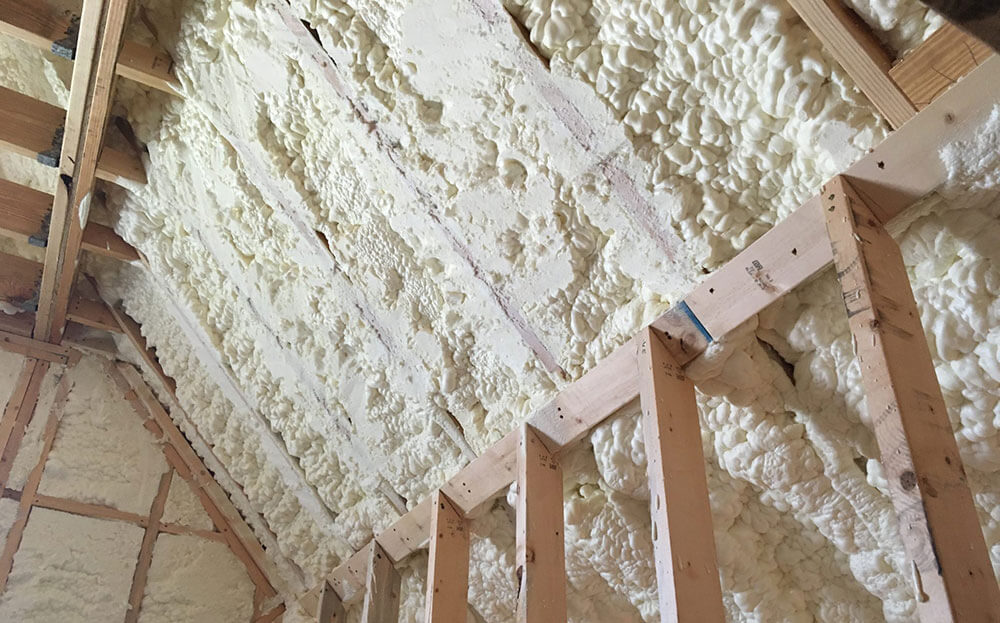
PROS AND CONS OF THE HYDRAULIC AND PNEUMATIC POLYURETHANE FOAM SPRAY REACTORS
PROS AND CONS OF THE HYDRAULIC AND PNEUMATIC POLYURETHANE FOAM SPRAY REACTORS.
Polyurethane Foam Spray Reactor. Hydraulic or Pneumatic.
Pneumatic and Hydraulic Machines for Polyurethane Foam Spray.
Undoubted advantages of pneumatic machines are: their very simple construction, small dimensions, better mobility and lower price compared to hydraulic machines. Pneumatic machines reach an operating pressure of 250 bar. They require less electricity than hydraulic reactors. The disadvantage of hydraulic machines is the greater need for electricity comparing to pneumatic reactors.
Hydraulic Polyurethane Spray Reactors are more efficient and the are used for polyurethane foam spray on large surfaces, such as halls, hangars, warehouses, poultry farms and more. The advantage of these machines is the low air consumption – 400l/min, whereas in pneumatic machines it is as much as 1000l/min.
Hydraulic Polyurethane Spray Machines are much heavier than the pneumatic types, because they are equipped with a tank for hydraulic oil and with a hydraulic actuator responsible for pumping the agent into the spraying part.
Moving the hydraulic machine is difficult because of its dimensions, larger than in case of pneumatic reactors. The most important feature of the hydraulic machines is their stability. The stream of sprayed foam is very strong and uniform. In basic and cheaper pneumatic models there is a smaller power and minimal pressure fluctuations. This doesn’t, however, affect the quality of the sprayed foam as the agents are pushed in the same proportions to each hose.
From the wide offer of Sanberg Polyurethane Foam Spray Reactors everyone can chose such a machine, that will meet their specific needs. Sanberg SG-100, Sanberg SG-200, Sanberg SG-300 are the pneumatic models. Sanberg SG-400, Sanberg SG-450, Sanberg SG-500 i Sanberg SG-550 are the hydraulic models.
It is worth noting that hydraulic and pneumatic machines differ in power consumption. The Pneumatic Polyurethane Spray Reactor’s electricity demand can reach maximum 11kW. The Hydraulic Polyurethane Spray Reactor may require up to 22kW of electricity, if you order a version with stronger heaters. If your hydraulic machine has an electricity demand of 22kW, then it requires a large power generator.



0 comments
Write a comment